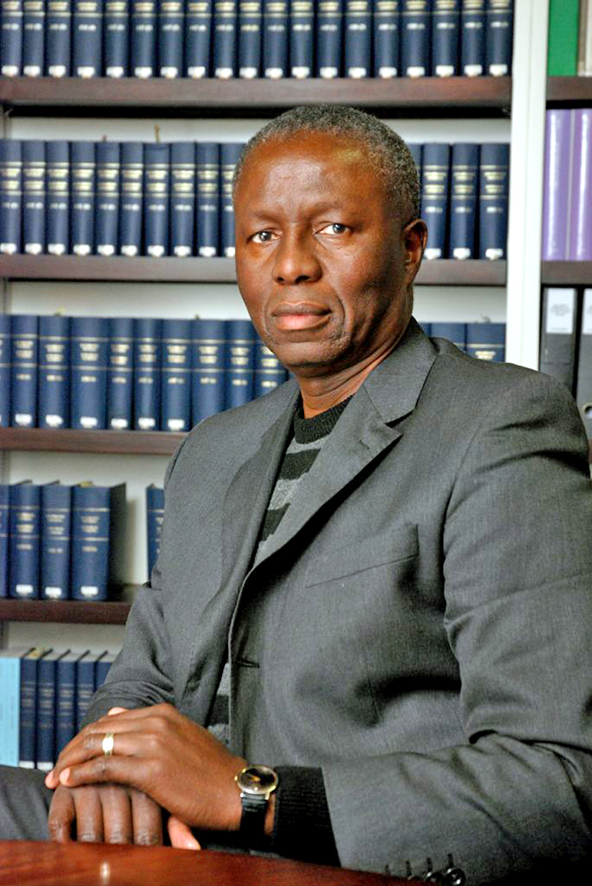In a fractured political space, particularly after state capture, journalists would do well to practice their craft within ethical limits even in the face of insults or criticism from social media.
This is a powerful testimony, rendered by retired deputy chief justice Dikgang Moseneke at the annual South African National Editors Forum on Friday evening. Many editors and journalists who had gathered to hear Moseneke speak must surely have left the event with something to think about.
It is not as if we didn’t know about the troubling issues raised by Moseneke. We know about journalists and some media houses who have – like the governing elite eloquently described by Moseneke – disturbingly and unashamedly decided to become politically factionalised too.
We know about journalists who have decided to abandon authentic and fair journalism in favour of becoming their master’s voices. It is not as if we in the fraternity are unaware of a certain group of journalists who have transformed themselves into havens for the fake news machinery, which is solely designed to cause political harm and confusion.
Moseke is correct in his observation that their editorial paths “have predictable villains and heroes”. It is because they don’t write from authentic journalistic motives.
Moseneke’s critique serves as reminder of the journalistic imperative that requires us to attempt to always seek the highest good in journalism. Moseneke was using his scholarly wisdom to again remind us that loyalty to truth is imperative to the principles of justice and freedom and is the only value system that can heighten our authenticity as a collective and as individual journalists.
We almost feel like a broken record when we call on the fraternity to begin to tackle the rot of post-state capture journalism seriously and unapologetically if our contribution to democracy must make a difference. Perhaps Moseneke must be asked to assist in charting the way forward before the profession loses trust from ordinary citizens.
We have crooks in our midst who simply ignore the fundamental principles of journalism as articulated in the SA Press Code of Ethics. They have audaciously and stubbornly chosen the path of journalistic mischief at a time when this country faces myriad social and political challenges. If journalistic delinquency is not stopped in its tracks, it could have dire consequences on the profession and the country’s democracy.
We must perhaps ask ourselves if the system of press regulation is enough in its current form. We must ask why those who choose to operate outside the limits of press accountability are allowed to continue to do so. We must also reflect on why the Press Council cannot be empowered to impeach those who deliberately use their platforms to spread falsehoods.
Journalism misdemeanours will never end for so long as the culprits know that the system will continue to allow them to practice even if they intentionally disseminate falsehoods with the sole intention of sowing confusion and hatred.
The fraternity must begin to put strong accountability measures in place if journalism is to remain a noble profession.
Follow @SundayWorldZA on Twitter and @sundayworldza on Instagram, or like our Facebook Page, Sunday World, by clicking here for the latest breaking news in South Africa. To Subscribe to Sunday World, click here



